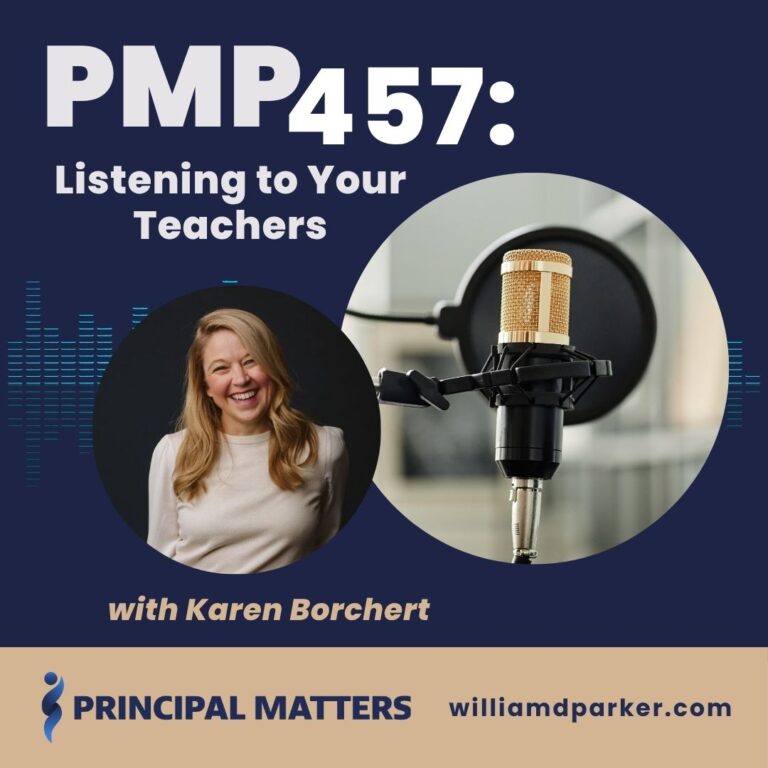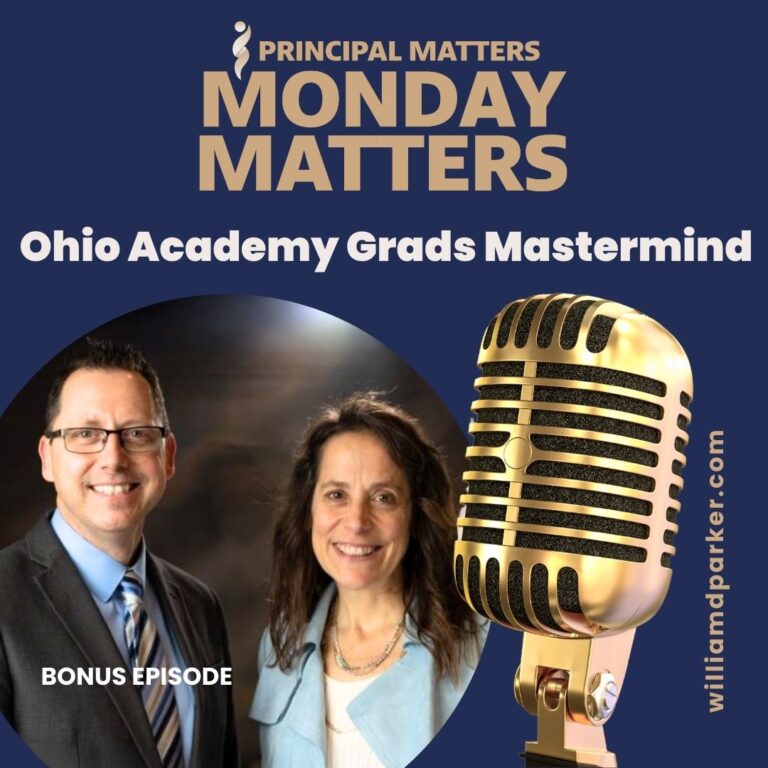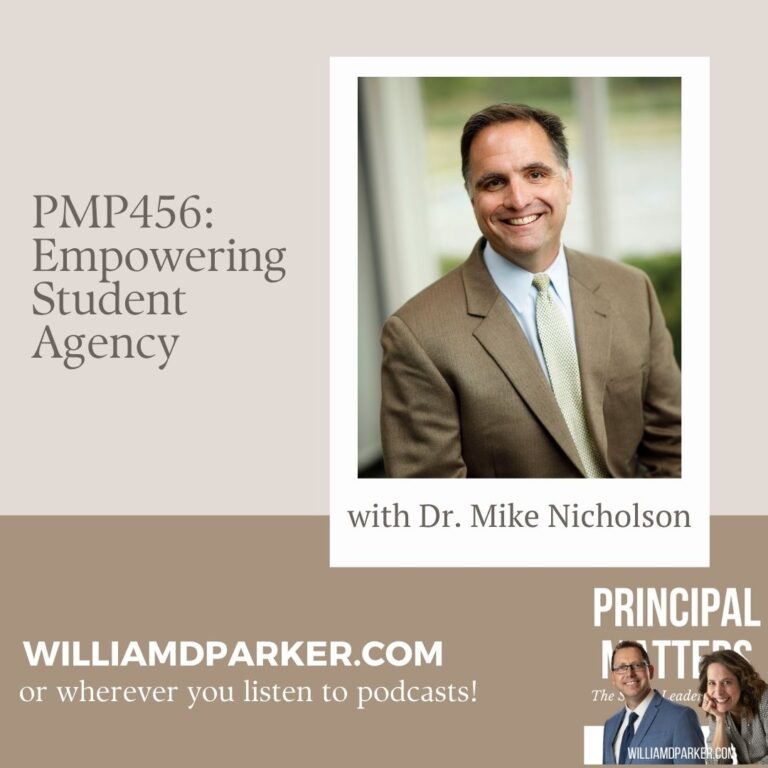Podcast: Play in new window | Download
Last week I was speaking to a group of Assistant Principals near Montgomery, Alabama, when I noticed a familiar face at a table near the back of the room.

I saw a man whom I had met the day before on my ride from the airport to the conference center. Mr. Willie Lewis, a retired pastor, had told me his wife asked him to find something to keep him busy. So, he began driving for Uber. Now he had arrived early to drive me back to the airport.
As we made our way through the streets of Montgomery, we chatted about our work and families. He had been an author and also served as interim pastor to many congregations during his retirement. As we passed an exit sign for Selma, Alabama. I asked him if he had seen the movie, Selma, about the life of Dr. Martin Luther King, Jr.
“No, I haven’t seen the movie,” he said, “But I’ve been to Selma many times. I’ve been on that bridge when there were thousands of people there.”
I looked at him for a moment. “Would you mind if I asked how old you are, Mr. Lewis?”
“I’m 78-years old,” he said. “I graduated high school when I was 15. After going to seminary in Michigan, I came back to the south to pastor.”
“One time,” he continued, “I attended a church service where Dr. King was preaching. A friend led me back to the office where Dr. King was waiting for the service to begin. When I was introduced to him, he said, ‘There’s an extra ministerial robe in the closet there. I’d like you to wear it and open tonight’s service with prayer.’”
As we drove along, I realized then that Reverend Lewis didn’t need a movie like Selma to understand or appreciate the significance of the Civil Rights Movement. He was driving me to the airport, but how I wished I had the rest of the day to just listen to him and ask questions.
Rising to the Occasion
It is interesting how some individuals rise above the crowd in moments that are bigger than they may realize at the time. Dr. Martin Luther King, Jr. is certainly one of those people.
I didn’t’ watch the 2004 Democratic National Convention. But I remember a teacher talking to me the morning after he had watched the convention on TV.
“I’m not sure how I feel about John Kerry,” my friend told me, “But I’d vote for that Illinois Senator Barak Obama if he ever ran for President.”
I wonder if Senator Barak Obama knew at the time how many Americans thought the same thing.
I remember hearing similar comments as a boy when Governor Ronald Reagan won over the entire 1976 Republican National Convention when he was endorsing the Ford/Dole Presidential ticket. His charisma and command of speech made other candidates look weak in comparison.
Maybe these men knew the potential significance of their moments on a national platform. And maybe they didn’t. At the same time, there are many other men and women, like Reverend Lewis, whose names may not be in history books, yet they have significantly influenced their own communities.
These thoughts have all been going through my mind the past few days as I’ve wondered how often are we unaware of the significance of the day-to-day moments we encounter? Specifically, I have been thinking about conversations with educators who are looking for the next opportunity in their leadership.
Making the Most of Opportunities
Recently, Eric Davis, Chief Operations Officer at Wilson County Schools in North Carolina, was leading a Twitter chat on the topic of “Interviewing” through his popular #Engagechat.
I enjoyed the great questions, comments and feedback from Eric and the other educators who joined in. Sometimes aspiring principals will ask me how they should best prepare for upcoming interviews. And sometimes experienced colleagues will talk to me about interviews or conversations they are having in their career growth.
You may be interviewing candidates for openings in your school or district. Or perhaps you’re interviewing for a new position yourself. For educators, I’ve written 10 Tips for Interviewing for an Education Opening.
For admins, I wrote 30 Questions for Principal Interviews.
In light of those “to-do’s” for job interviews, I want to share four essentials to being prepared for your next opportunity in leadership, no matter what stage you may find yourself:
1. Do excellent work at your current position so that you are already demonstrating the kind of work you would provide for any potential opening.
Many people don’t realize that their best interviews are happening every day. If you want to demonstrate your ability to take on new responsibilities or lead others in new settings, then the best place to start is right where you are.
For instance, some of the best assistant principals I have hired have been ones I had already seen in action as teachers or coaches. Their ability to take command of a classroom or lead others in difficult situations showed me the qualities they would need in school leadership. Don’t wait for an interview to show your capacity for leadership. Show that capacity right now.
Are you being faithful to the responsibilities and mission where you currently serve? If so, you’re already giving the best interview you can for a future opening.
2. Embrace every situation or conversation as a potential job interview.
Let me be clear. I am not suggesting you behave with pretension. You must be authentic for others to trust you. But I also think people miss out on potential opportunities by not being mindful that every situation gives you an opportunity to demonstrate leadership.
I remember when I was working on my Masters in Education. Many of my professors would invite current superintendents or principals to address our graduate classes. Our classes met in the evening, and I could have changed into something comfortable for the long evenings ahead.
Instead, I made it a point to dress professionally for my graduate classes. I sat near the front. I asked questions, and I tried to meet the visiting administrators who presented. One of them, Dr. Mary Jane Bias, later offered me my first opportunity as an assistant principal in the district where she was superintendent.
Whether you’re asked to make a few comments at a chamber luncheon, say a few words to a parent organization, present at a board meeting, or volunteer at a school fundraiser, show up to all these events ready to serve with passion and commitment.
When you do, you are giving people the service they deserve, but also you are demonstrating the kind of commitment you would give if someone was interested in considering you for a future opportunity.
3. Demonstrate loyalty and respect for those on your team.
When I hear others talk about their schools or organizations, I listen closely for the kind of loyalty and support they show their current supervisors and colleagues. Especially when I’m hiring for excellence, I want people on my team who will be loyal and committed to our mission and vision. If someone is not respectful of the team they are presently serving, they would likely become complainers if they joined mine.
Obviously, you must be candid and honest with your opinions and philosophy of education. No team thrives with only “yes” men or women. At the same time, don’t burn bridges by painting others negatively. You can disagree with a position or a program without making those disagreements personal.
None of us every communicates with perfection. But choose your words and actions wisely. I once had a principal friend tell me, “I like to pretend my most private conversations at work are actually be aired live on TV.” It would help all of us to give our conversations that kind of scrutiny.
4. Build a digital platform of your best work.
When I was an assistant principal, I decided I wanted to eventually move into the role of high school principal. I didn’t wait for an opening or interview to begin building my digital resume. As I began blogging about the experiences and lessons I was learning as an assistant principal, I was also building a digital resume.
Sharing your story is a helpful way for others to learn and reflect on their own practices. At the same time, your stories provide others with context and illustrations of your experience and thoughts.
Think about what ways you are building a digital resume. Whether that is through social media platforms like Twitter, Facebook, Instagram or LinkedIn, take time to brag on the successes of your teachers, students and team members.
Yes, building digital platforms can be seen as self-serving or even self-centered. But make your goal to share ideas, lessons, successes and failures with the goal of growing and helping others grow. When you do, others can come to know you and your work long before they meet you face-to-face.
By the way, I have had a number of listeners and readers respond to my recent shout-out. So I’m repeating it one more time here: If you would like some specific feedback or to learn more about how you can build a stronger digital platform, I am developing some content on the subject I want to share with you. If you’re interested, email me at will@williamdparker.com. In the email subject, write “Count me in!” and in the message, include your contact information.
I will be reaching back soon to all of you have contacted me with ways we can connect and learn together.
Let’s Wrap This Up
Last week when I was sharing the story about meeting Reverend Lewis with my children, my son, Jack said, “Wow, you were really lucky to get a chance to meet a man like that.”
Yes, I thought. It’s such an honor when you are allowed glimpses into other people’s stories. But there are extraordinary people all around you whose stories have shaped or influenced the lives of many people. I also know there are billions of others on the planet, including myself, whose names will likely never be mentioned a hundred years from now.
At the end of the day, most of us will never be known for moments that have national or world-wide implications. But every day, we have the opportunity to influence the people and places right where we are. And for those looking for opportunities to grow or advance in your work or careers, you may never have a greater opportunity to demonstrate your potential than by the way you serve those right in front of you today.
Will you be faithful to show up with commitment and passion to whatever setting you’re entering today? Will you demonstrate loyalty and respect to those whom you’re currently serving? Will you share lessons and stories with others along the way so they can grow from your experience?
When you do, you are demonstrating the qualities of a leadership others may want on their teams. And as you plant yourself with that kind of commitment, you never know what kind of harvest may be coming later or whose life you may be influencing in the process.
Now It’s Your Turn
What is one step you can take today to serve those around you with passion and purpose? Would you would want your words or conversations recorded and shared publicly? How can you begin sharing the lessons you are learning with others so they can benefit from your experience?
Sign-Up For Free Updates and Ebook
When you enter your email address below, you will automatically receive my newest posts and a free Ebook, 8 Hats: Essential Roles for School Leaders. Let’s keep learning together!
Subscribe for free weekly updates and receive free e-book!
(function($) {window.fnames = new Array(); window.ftypes = new Array();fnames[0]=’EMAIL’;ftypes[0]=’email’;fnames[1]=’FNAME’;ftypes[1]=’text’;fnames[2]=’LNAME’;ftypes[2]=’text’;}(jQuery));var $mcj = jQuery.noConflict(true);
Principal Matters–The Book!

School leaders are very busy, so each of the twenty-four chapters is designed as a quick-read and followed with take-action questions for follow-up or reflection. If you want practical ideas on understanding your purpose, managing school teams, dealing with challenges, and leading with courage, action, motivation, and teamwork, go HERE to pick up a copy for you or your team.
Messaging Matters

Harness the power of messaging to create a culture of acknowledgment, respect, and celebration. Written specially for leaders, this title is divided into three parts, helping readers to maximize their role as chief communicators with students, teachers, and parents and community. Each chapter includes suggestions for using digital tools to enhance messaging and ends with reflection questions and practical next steps.


